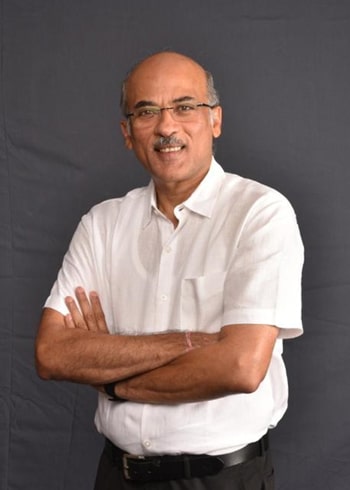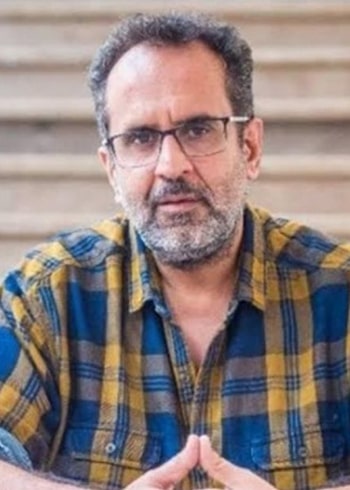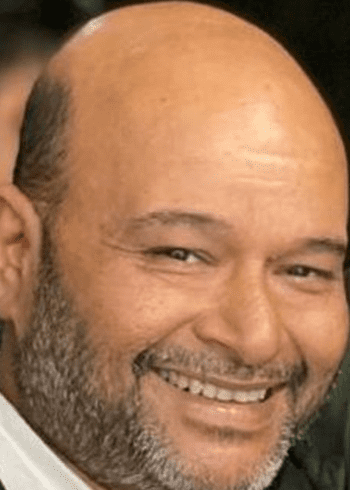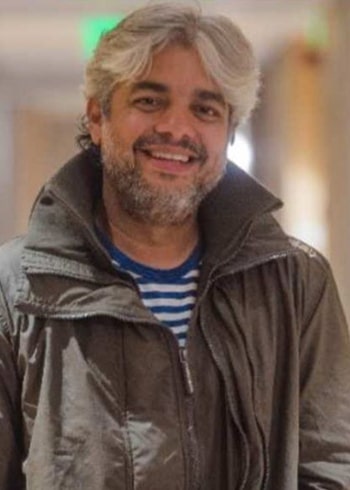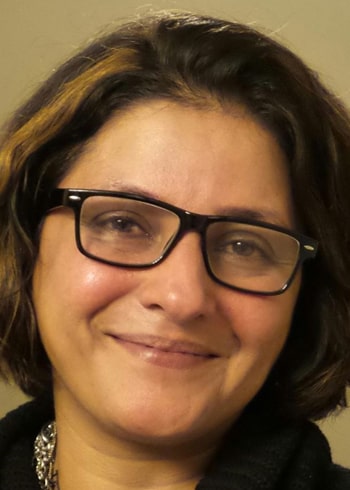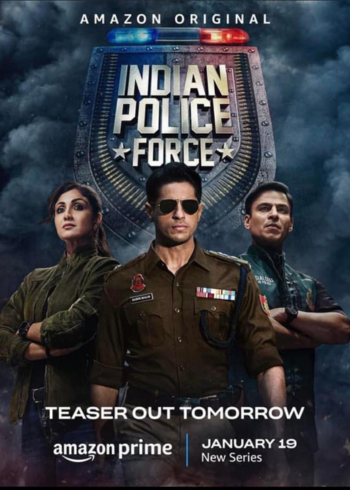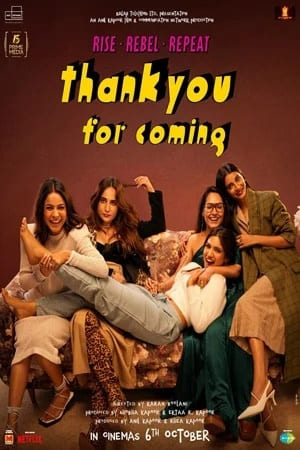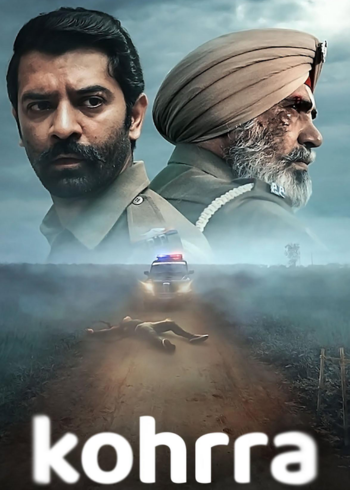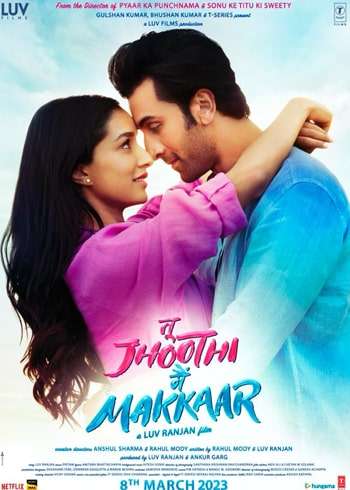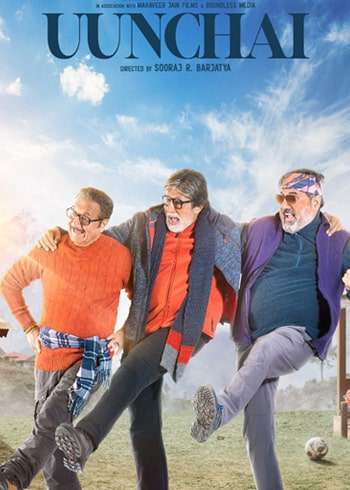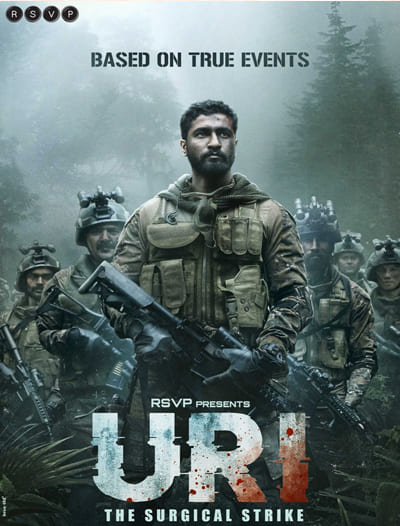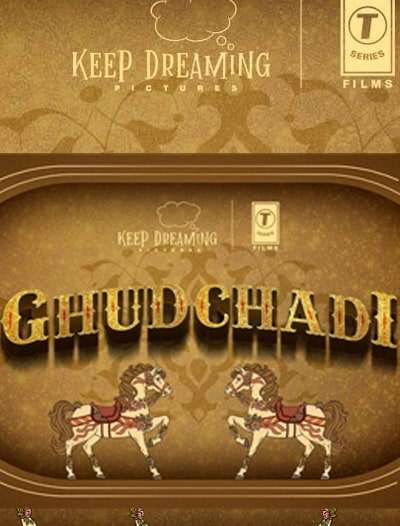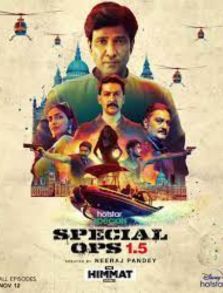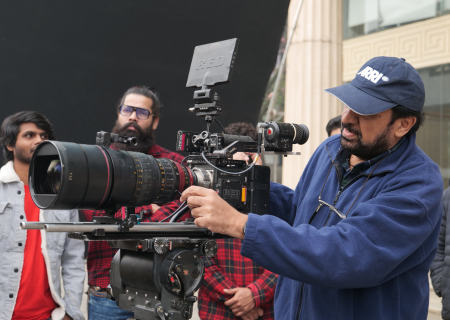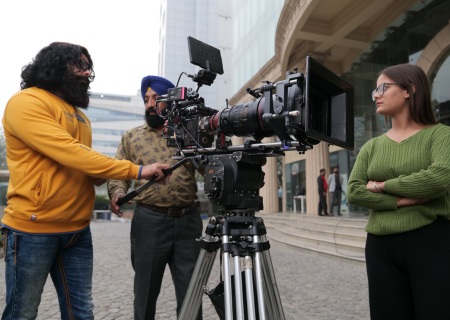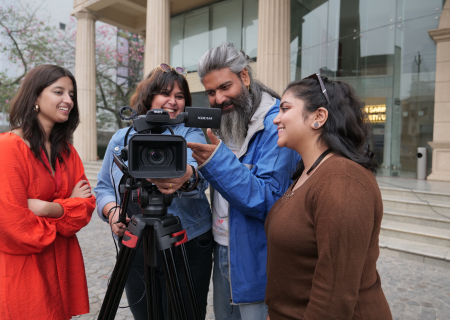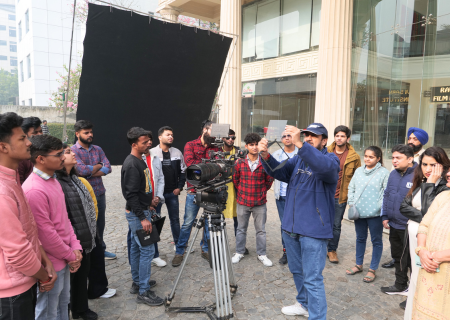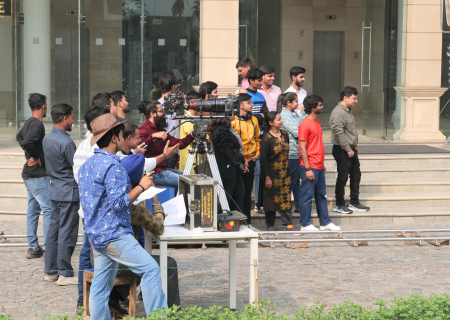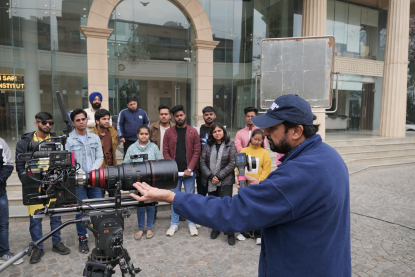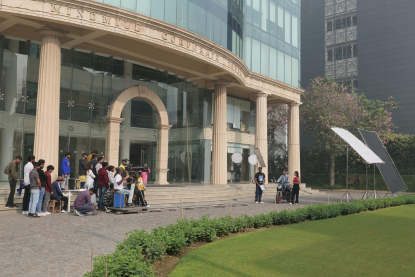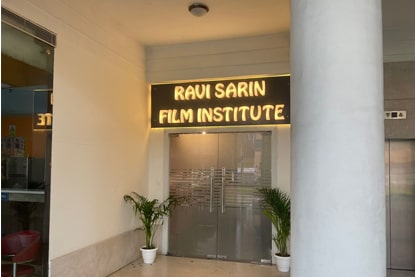M.Sc in Cinema (Specialization In
Direction)
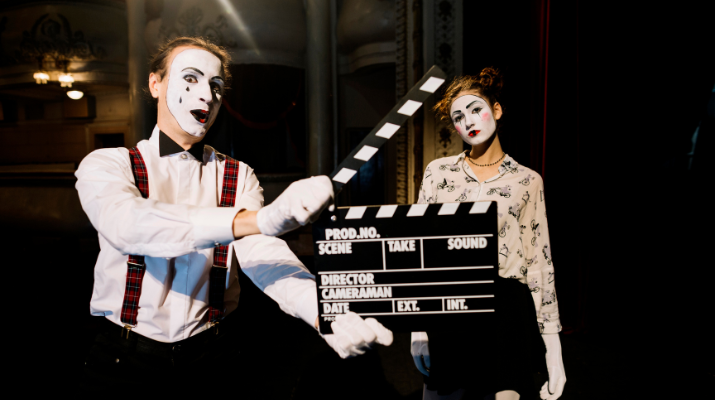
Our Top Recruiters
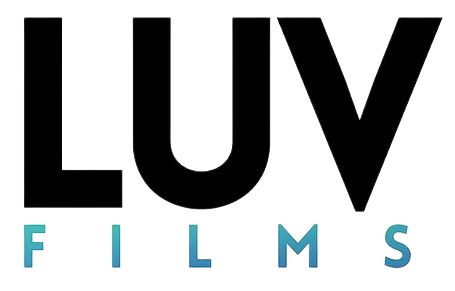

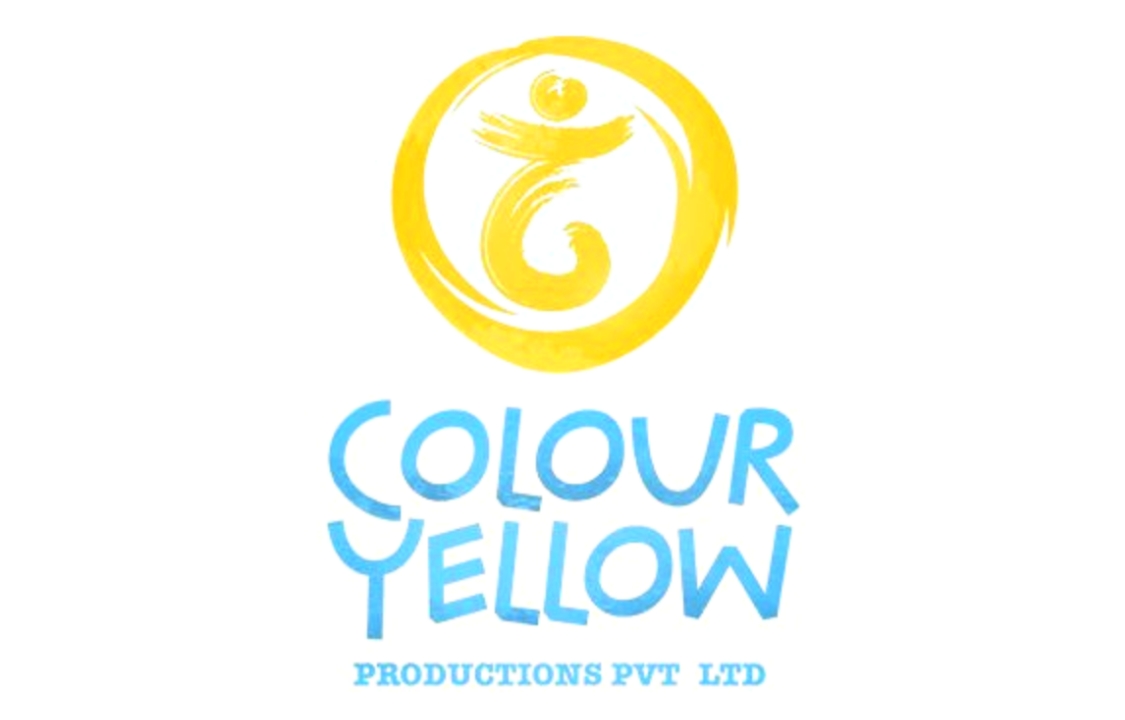

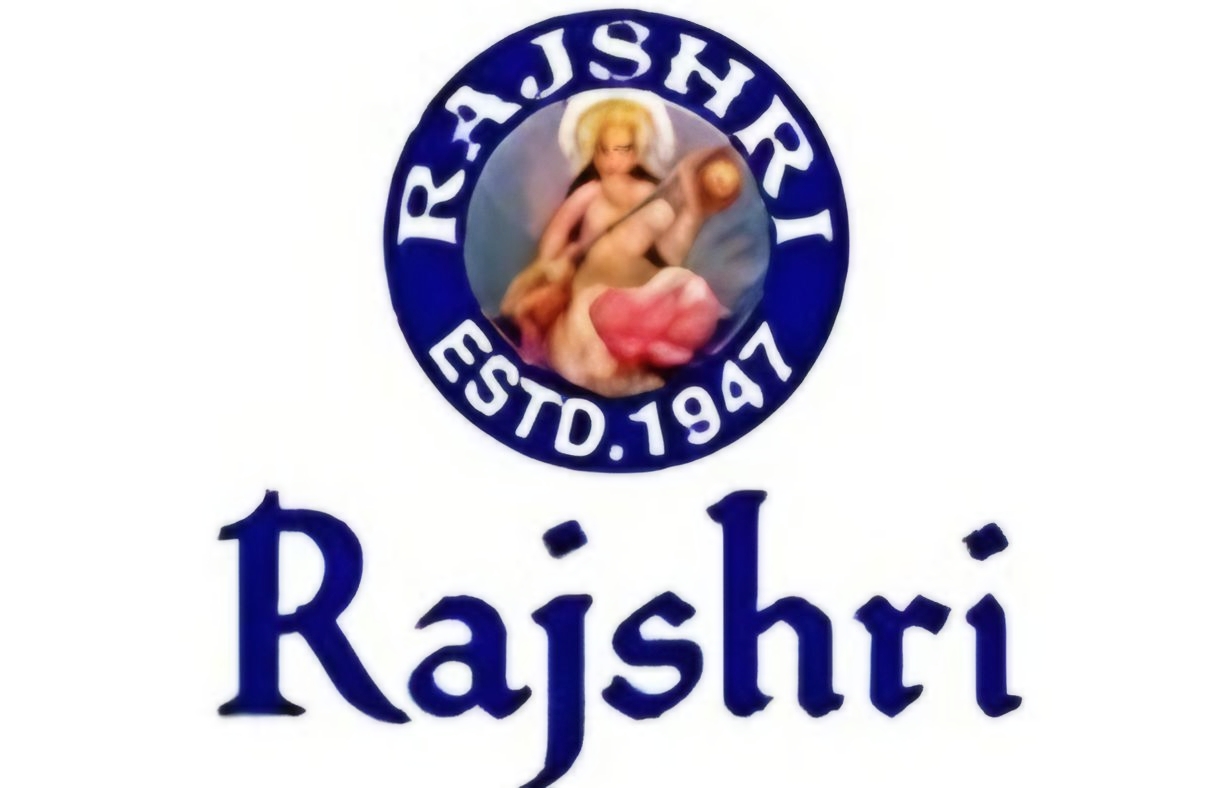

M.Sc in Cinema
(Specialization In Direction)
the scenes of video and film production. Showcase the process of creating
a film from start to finish, highlighting the roles of the filmmaker
and director in achieving a successful outcome. Filmmaking masterclass:
Offer a comprehensive masterclass on the art of filmmaking,
focusing on the dual perspectives of a filmmaker and director.
Provide in-depth tutorials on how to combine these roles to
create high-quality videos and films.
Key Learnings
- Breaking down the Screenplay into Location, artists, costumes Breakdowns etc. for planning and execution of all 3 stages of Production
- Budgeting the Production
- Auditioning the Actors to the Characters of the Screenplay.
- Finalizing the Cast & the Crew
- Procurement of the Equipment, Lights, Locations for the Shoot.
- Managing and Shooting the Production
- Managing and Shooting the Production Editing
Course Projects
Our Syllabus
- Getting rid of stage fright, understanding presentation skills, and developing confidence.
- Introduction to the core form and concepts of primitive and early cinema.
- Introduction to still photography and design technology.
- Understanding the importance of different elements like movement, camera, lighting, makeup, sets, props, etc., in the frame's composition.
- Understanding the concepts and fundamental principles involved in screenwriting.
- Exploring the history of the cinema after WW I and WW II.
- Directing and producing various types of montages and music videos.
- Learning about how cinematography and lighting are instrumental in telling a story and projecting the story's mood.
- Learning about the post-production process of filmmaking and TV production involving video and sound editing.
- Optional specialization in direction with a focus on creating and executing aesthetic looks and shooting plans of a screenplay in collaboration with the school head, actors, key crew members, and the post-production team.
- Screening, discussions, and reviews of films exploring New Wave in Indian cinema.
- Understanding the importance and significance of costumes and jewelry in the entertainment industry.
- Learning to market and distribute films across the globe and understand the censorship laws applicable.
- Creating a 15-minute short film.
- Specialization showreel
SEMESTER I
- Mise-en-scene: Meaning & Elements
- Importance & Relevance in films
- Scene Examples
- Basic Considerations before undertaking a production
- Decoding the Budgeting of a film
SEMESTER II
- Understanding Visual Medium
- Visual communication & aesthetics
- Generating Ideas and Developing Ideas
- Understanding Target Audience
- Story development, Understanding plots and subplots
- Space & Time in Direction
- Maintaining Time & Space through Costumes and Make-up
- Study of Genre
- Creative Aspect of Director
- Understanding psychology of target audience
SEMESTER III
- Analyzing Script for Films, TV and Advertisements
- The origins of Documentary Cinema,
- Types of Documentary Films
- Planning and Execution
- Technical aspects of Director
- Shot Division & Script & Scene Breakdown Budgeting
- Recce
- Floor Plan & Storyboarding
- Master Scene & Master Shot
- Camera Blocking &Actors Blocking
- Continuity & types of continuity
- Single Camera v/s Multi Camera
- Master Scene & Master Shot
- How to see a film through filmmaker’s eye
SEMESTER VI
- Having a show reel is not just a tool; it is the most important tool. The show reel is a resume. It is the video where every ounce of the students' efforts has to be put in to show, not only the he things they have filmed, but the versatility of your editing and being able to show different styles
- This will be the final Graduating collaborative group Project, where all the students will be working with each other to complete the project










